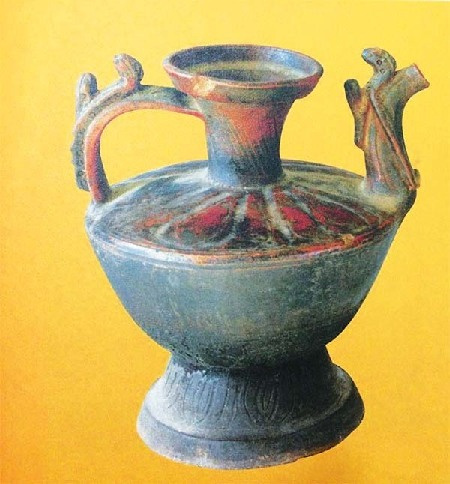7 juillet 2013
Universities hike tuition fees
By Pascal Kwesiga and Innocent Anguyo. PARENTS of students at the university must prepare to dig deeper in their pockets as tuition and functional fees are set to be hiked in a number of private and public universities in the country.
At Makerere, rising costs has forced the oldest public university to halt the feeding of private students who hitherto paid just sh2,000 per day for breakfast, lunch and supper.
This will raise the feeding cost for the students since they have to dig deeper in their pockets to buy food in the nearby eateries on a daily basis or alternatively cook their own food outside halls of residence.
The increase in fees is rooted in the rising costs of running universities. In public universities, the university councils, the top governing bodies, are only allowed to set new tuition fees provided they get approval from the Government. Read more...
At Makerere, rising costs has forced the oldest public university to halt the feeding of private students who hitherto paid just sh2,000 per day for breakfast, lunch and supper.
This will raise the feeding cost for the students since they have to dig deeper in their pockets to buy food in the nearby eateries on a daily basis or alternatively cook their own food outside halls of residence.
The increase in fees is rooted in the rising costs of running universities. In public universities, the university councils, the top governing bodies, are only allowed to set new tuition fees provided they get approval from the Government. Read more...





/https%3A%2F%2Fprofilepics.canalblog.com%2Fprofilepics%2F1%2F0%2F1076071.jpg)